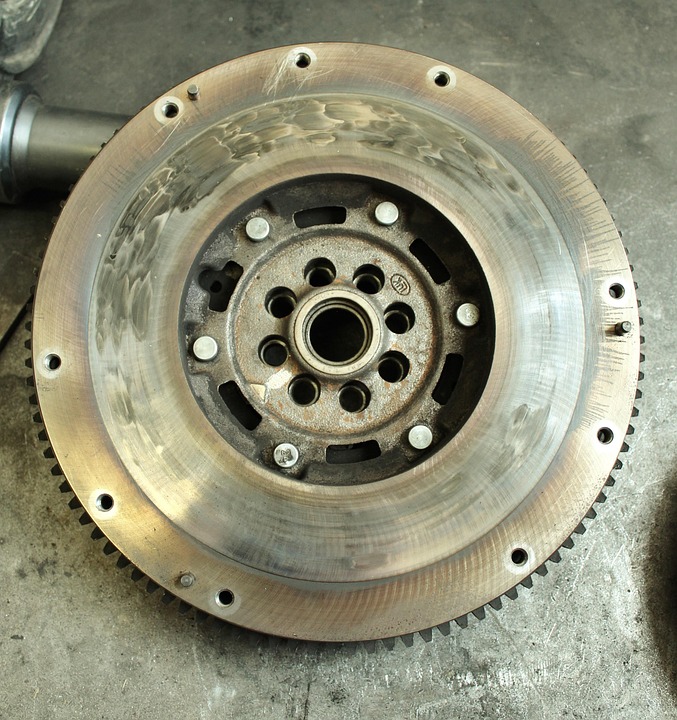Top 10 Most Commonly Replaced Automotive Spare Parts and Their Lifespan
When it comes to maintaining your vehicle, understanding the most commonly replaced automotive spare parts is crucial for keeping your car running smoothly. Regular replacement of these parts can prevent more significant issues down the line and save you money in repairs. In this article, we’ll explore the top ten automotive spare parts, their average lifespan, and tips for ensuring they function optimally.
1. Engine Oil Filter
Lifespan: 3,000 to 5,000 miles
The engine oil filter plays a vital role in maintaining the cleanliness of your engine oil. It removes contaminants that could cause engine wear or damage. Ideally, this filter should be replaced every time you change your oil to ensure optimal engine performance.
2. Air Filter
Lifespan: 12,000 to 15,000 miles
The air filter keeps dirt and debris from entering your engine. A clogged air filter can lead to decreased fuel efficiency and engine performance. Regular replacement of the air filter aids in better airflow and improves your vehicle’s gas mileage.
3. Brake Pads
Lifespan: 30,000 to 70,000 miles
Brake pads are crucial for vehicle safety, providing the friction needed to slow down or stop your car. Their lifespan varies based on driving habits, vehicle type, and the materials used. It’s essential to inspect your brake pads regularly and know the signs of wear, such as squeaking or grinding noises.
4. Battery
Lifespan: 3 to 5 years
Car batteries are essential for starting your vehicle and powering electronic components. Over time, their efficiency diminishes. Regularly checking the battery’s condition, including cleaning terminals and ensuring proper connections, can extend its life.
5. Tires
Lifespan: 25,000 to 50,000 miles
Tires are one of the most important parts of any vehicle when it comes to safety and performance. It’s crucial to monitor the tread depth and overall condition of your tires. Regular rotations and alignments can also help enhance tire lifespan and optimize performance.
6. Wiper Blades
Lifespan: 6 to 12 months
Wiper blades are often overlooked but are critical for safe driving in rain or snow. Over time, rubber can degrade, reducing their effectiveness. Keeping your wipers clean and replacing them annually can promote clear visibility.
7. Spark Plugs
Lifespan: 30,000 to 100,000 miles
Spark plugs ignite the air-fuel mixture in your engine, playing a key role in engine efficiency. Worn or faulty spark plugs can lead to decreased fuel economy and rough engine performance. Regular inspection and replacement according to your vehicle’s manual recommendations helps maintain engine health.
8. Timing Belt
Lifespan: 60,000 to 100,000 miles
The timing belt is a critical component of your engine that ensures the crankshaft and camshaft operate in sync. Failure to replace a worn timing belt can result in severe engine damage. It’s vital to follow your manufacturer’s recommended schedule for replacement.
9. Fuel Filter
Lifespan: 20,000 to 40,000 miles
The fuel filter removes impurities from the gasoline before it reaches the engine. A clogged fuel filter can lead to poor engine performance. Regular replacement helps maintain fuel system efficiency and prolongs engine life.
10. Radiator
Lifespan: 8 to 10 years
The radiator cools your engine by transferring heat from the engine coolant to the air. Regular maintenance, including flushing the coolant and checking for leaks, can extend its lifespan. Be vigilant for signs of leaks or overheating.
Conclusion
Understanding these commonly replaced automotive spare parts and their lifespans is vital for effective vehicle maintenance. By regularly inspecting and replacing these components, you can enhance your vehicle’s performance, safety, and longevity. Whether you’re a seasoned car enthusiast or a casual driver, staying informed about your vehicle’s needs will ensure fewer trips to the mechanic and greater peace of mind on the road.
For more automotive tips and insights, be sure to check out our other articles on buzzo.live. Regular maintenance can save you time and money, so don’t overlook these essential components!


